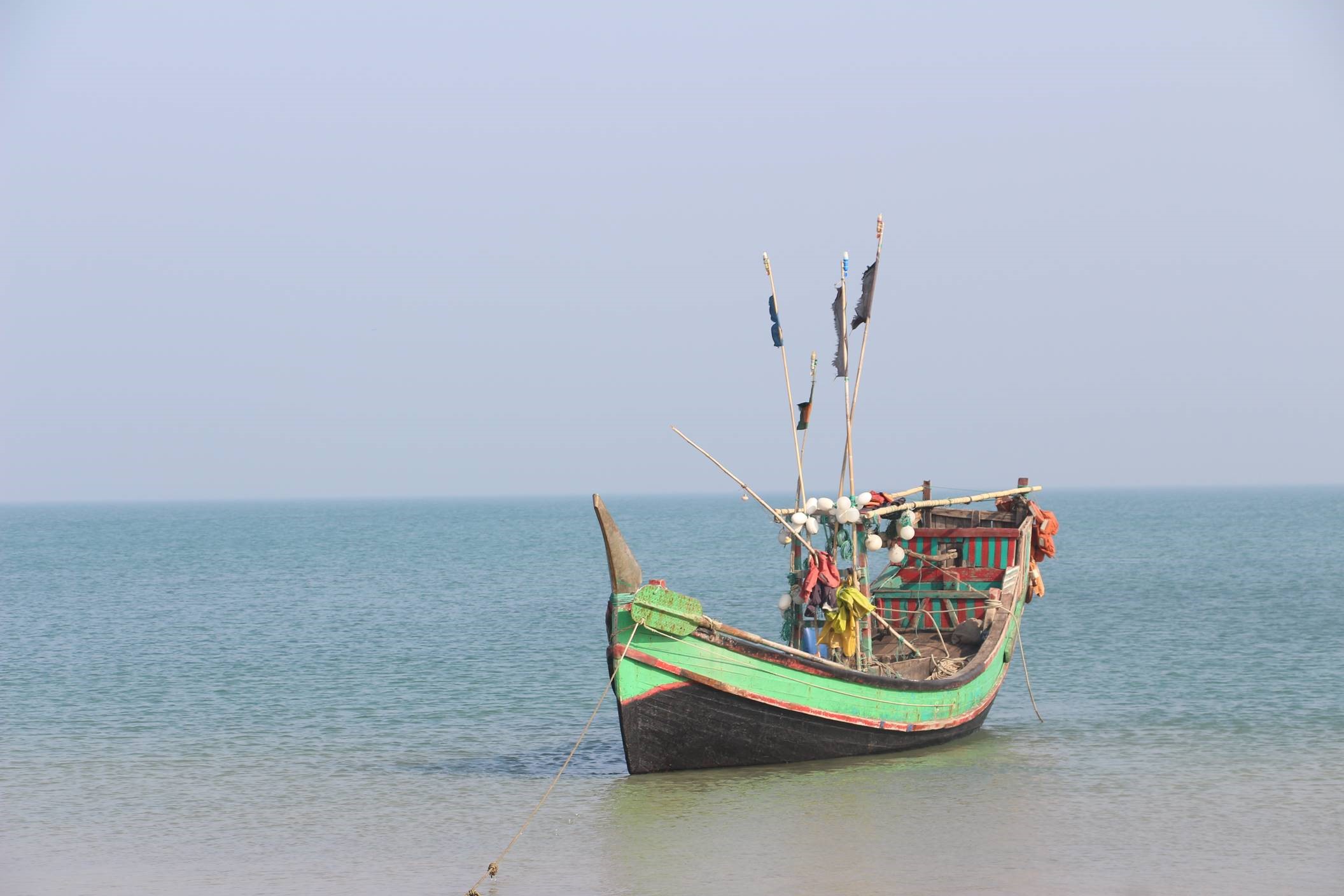World Oceans Day on June 8
Protect and restore our oceans for future generations

On June 8, 2022, World Oceans Day will be observed. Every year on World Oceans Day, we raise awareness about the importance of ocean conservation. Collective Action for the Ocean is the theme of this year's World Ocean Day. The ocean is household to 94 percent of the world's genus. However, it is now polluted, and marine debris can cause suffocation, entanglement, laceration, infections, and internal injuries in animals. In addition, floating plastic and other things aid in the movement of invasive organisms, posing a threat to marine ecosystems.
The ocean produces more than half of the oxygen we breathe on land, with small plants living on the ocean's surface producing 50-80% of the planet's oxygen through photosynthesis. The water is also a carbon sink, meaning it absorbs more CO2 than it emits.
On a global scale, the ocean regulates the climate. If we want to lessen the impact of climate change and develop a more sustainable future, we must take immediate action to safeguard our oceans.
Humans are also harmed by ocean pollution. Toxic pollutants and carcinogenic microplastics have penetrated the food chain, posing a serious health risk.
What do we get from our ocean?
The ocean's contribution to the living world is undeniable. The ocean has provided us with everything we've needed to exist and thrive: food, water, medicine, building materials, and even natural cycles like climate and nutrition.
We also rely on them for a variety of other goods and services that are essential to our health, happiness, and financial well-being.
On this day, people around the globe recognize and appreciate our ocean, Join forces with your family, friends, neighbors, and millions of others all over the world to start building a better future.
We can and will safeguard and restore our shared ocean if we work together. The ocean is not a trash bin. Therefore, be wise.
The problem with plastic
Over 8.3 billion tons of plastic have been made since its production began in the 1950s. Only 9% of this plastic has been reused; the other 91% sits in landfills, floats in our oceans, or has been seared.
An estimated 8 million tons of plastic end up in the ocean each year. Plentiful animals ingest plastic, wrongly considering it to be food.
Plastic contaminates our air, land-living, and marine and may enter the physical body through the food we eat, the water we drink, and the air we inhale.
Our dependency on plastic grew from its low price and stability. Plastic is close to imperishable and is a major threat to the natural atmosphere. The shocking bulk of plastic is made up of finite fossil fuels mined from the world.
Plastics do not break down. Instead, they turn up in minor portions, starting with micro-plastics and nano-plastics. We need to reassess our connection with plastic. Its use must be as minimal as possible
You are the first line of defense for our planet.
-Reduce, reuse, and recycle are three simple choices for a healthier planet. Reduce the amount of waste you produce. Preserve natural assets and landfill space by following the three "R's."
-Volunteer. Participate in community cleanups as a volunteer. You can also participate in the protection of your watershed.
-Educate. You may support people and appreciate the importance and worth of our natural resources by furthering your own education.
-Avoid wasting water. The less water you consume, the less waste and runoff will end up in the ocean.
-Select a long-term option, choose your consumptions cautiously, carry an eco-friendly shopping bag and buy less plastic.
-Use light bulbs that last an extended time. Greenhouse gas releases are condensed by using energy-efficient light bulbs. Once you leave the apartment, recall to turn off the lights!
-Plant a tree as much as you can. Foodstuff and oxygen are provided by trees. They help in energy preservation, air cleansing, and climate alteration mitigation.
-Don't contaminate our waters with chemicals. In the house and office, choose non-toxic materials. Bike more often. Driving less is a good idea.
Let us make World Oceans Day more significant by contributing to their safeguarding at our individual levels. Remember that even the smallest of actions can be groundbreaking.
-The writer is a senior communication specialist at an international research organization. He can be reached at asad_8sep@yahoo.com




